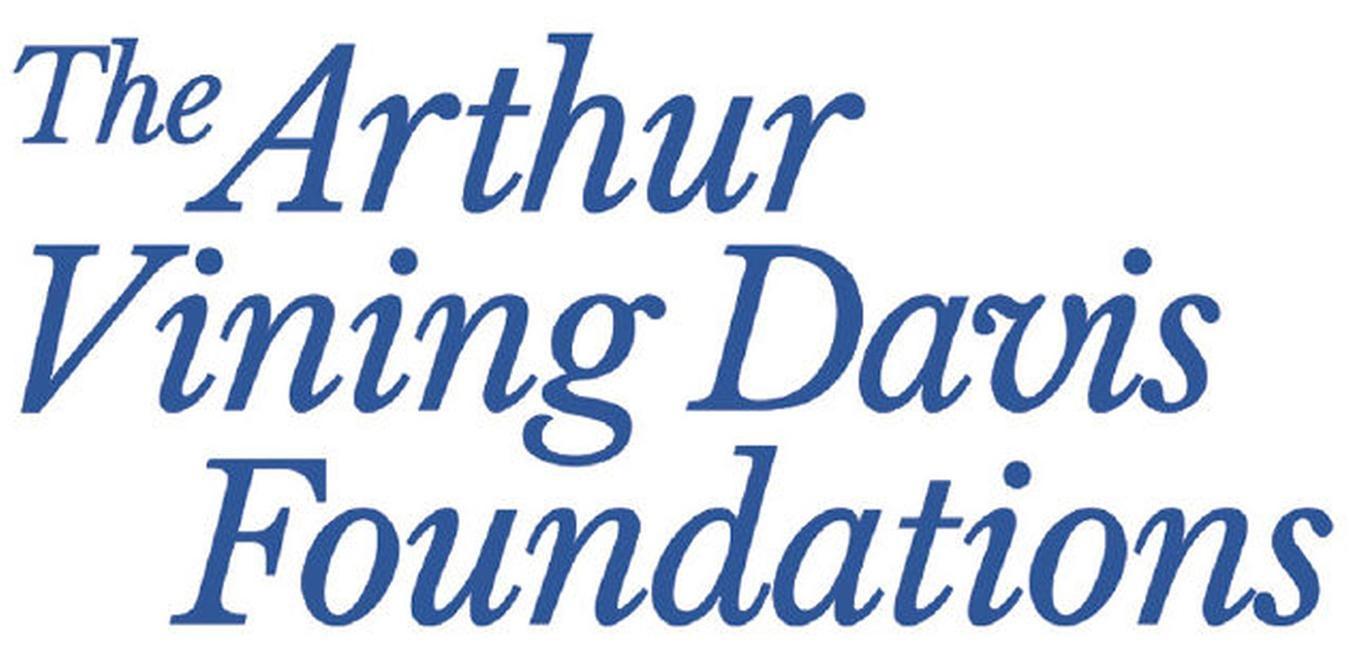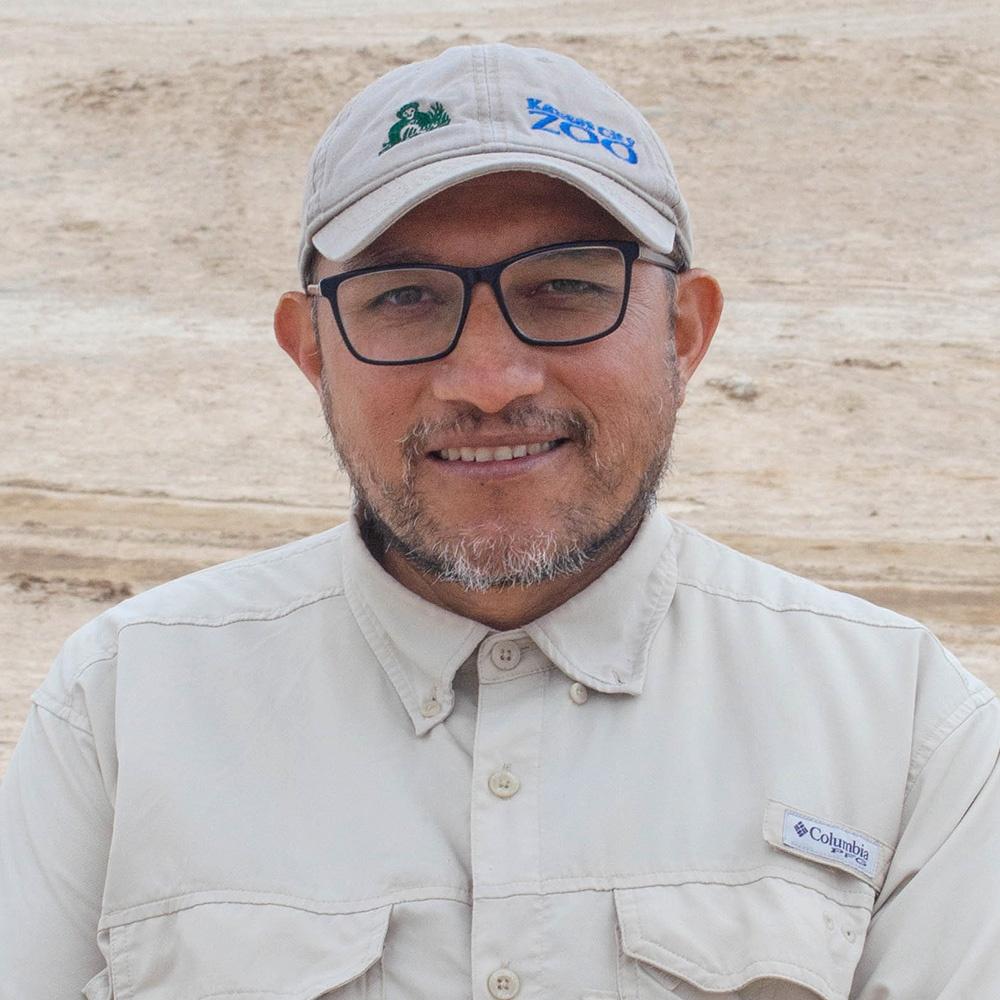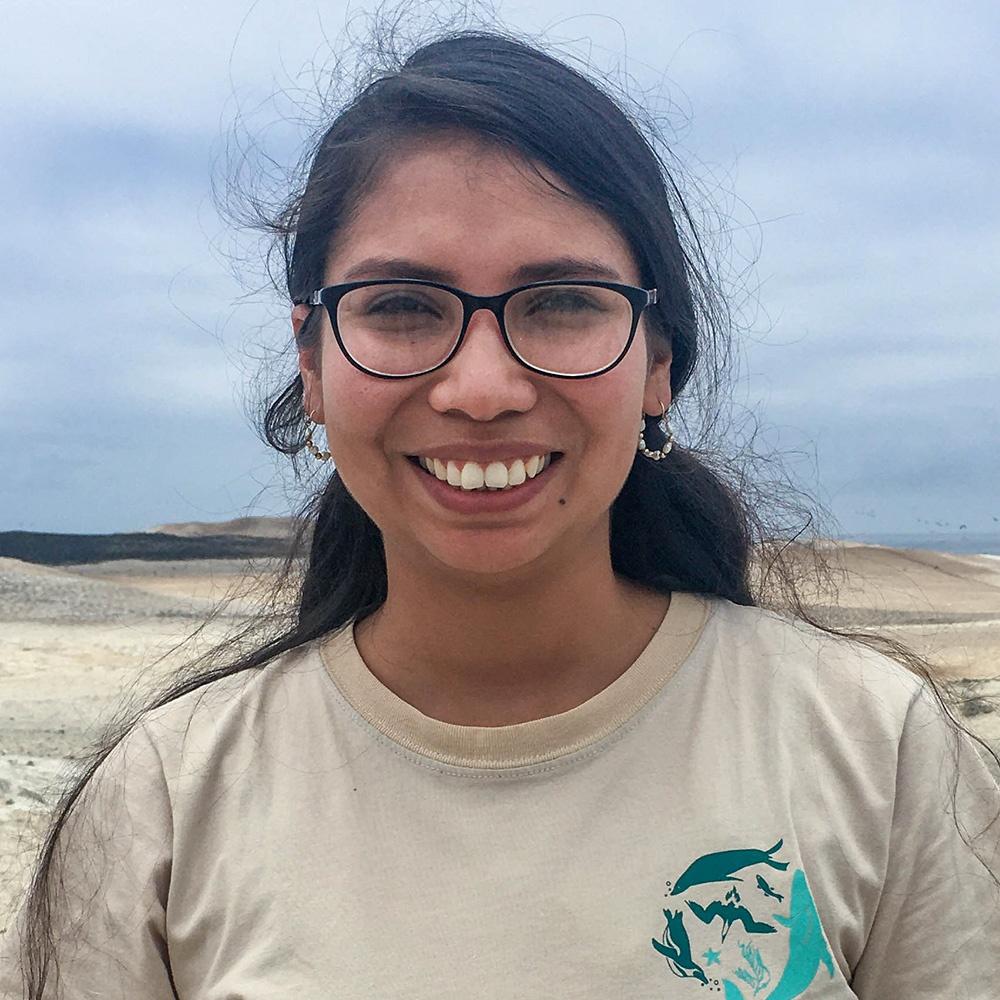Episode 1203: Peru's Desert Penguins
Peru’s arid coastline is home to one of the world’s great natural spectacles. Where the desert meets the sea, the seabirds reign. It is amidst this explosion of life - these hundreds of thousands of Guanay cormorants, Peruvian pelicans and Peruvian boobies - that another, slightly clumsier, species of bird lives as well.
The adorable Humboldt penguin needs the other seabirds’ guano to build its nests. Named after the cold current that provides nourishment for this incredibly vibrant ecosystem, these penguins can safely nest and rest inside Peru’s national reserve network of 33 islands and peninsulas.
Their time spent feeding is a different story. While these flightless birds are highly adapted for life at sea, they compete with the fishery for anchovies, and the penguins can get entangled in fishing nets.
Dedicated scientists monitor Peru’s penguin populations and study the animals’ interactions with fisheries to provide managers with the data needed to better protect the animals in the future.
Experts
Meet the experts featured in this episode.
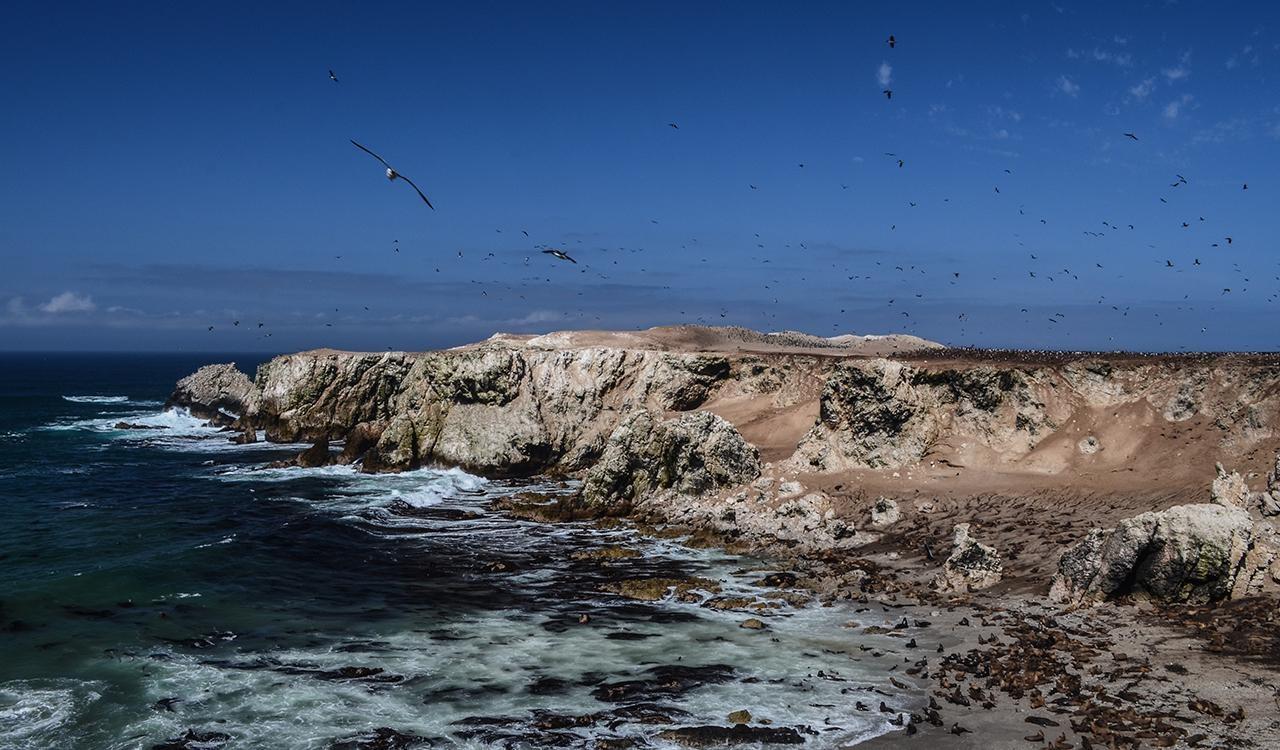
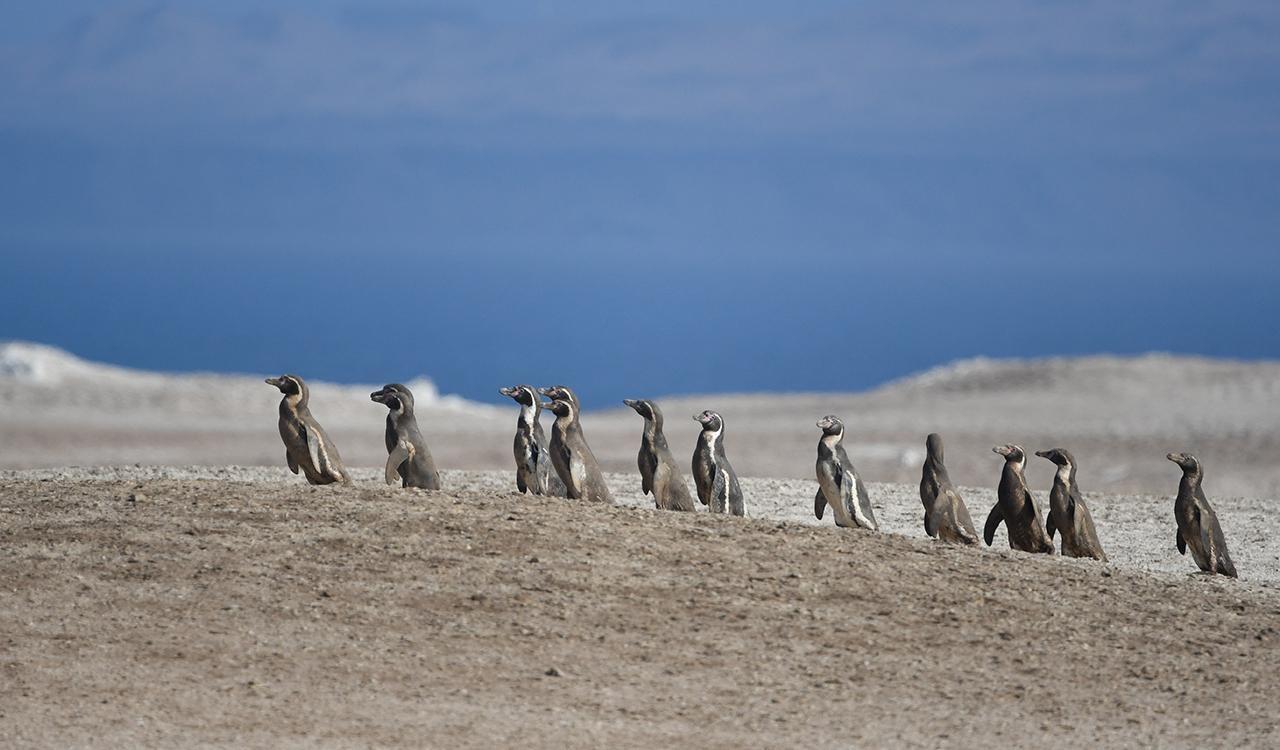
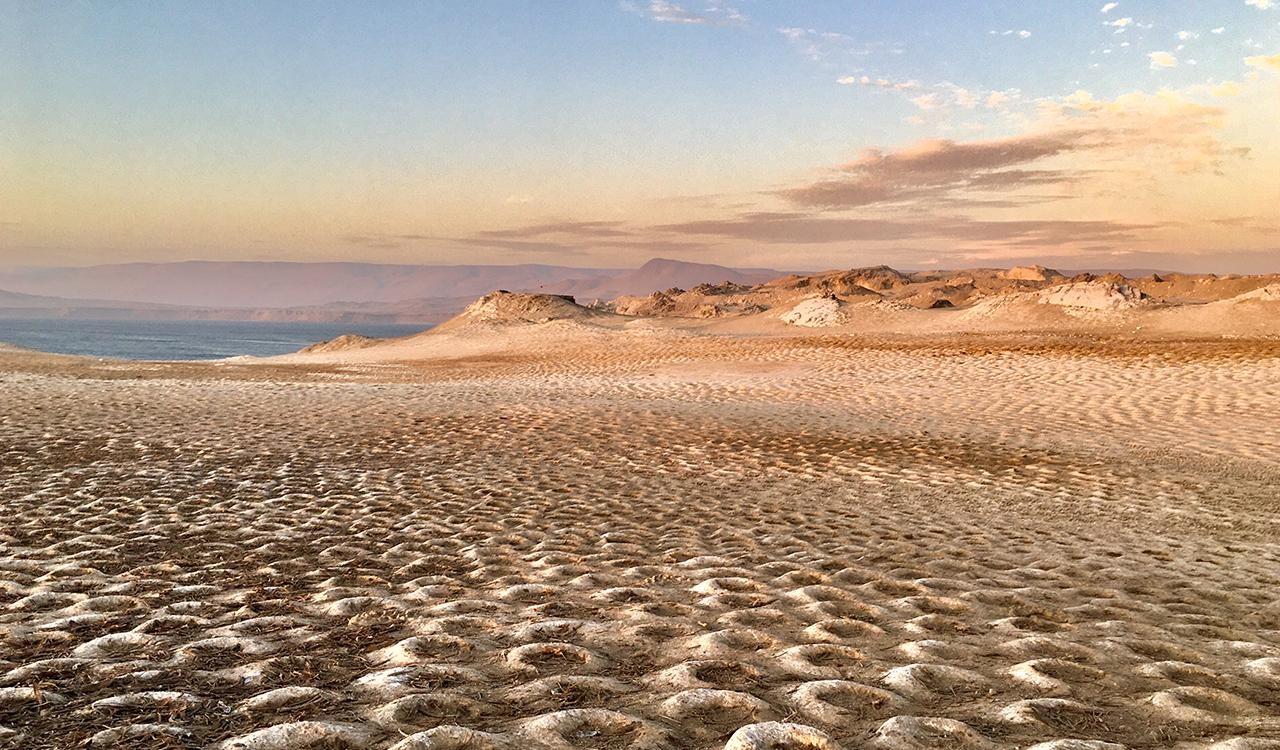
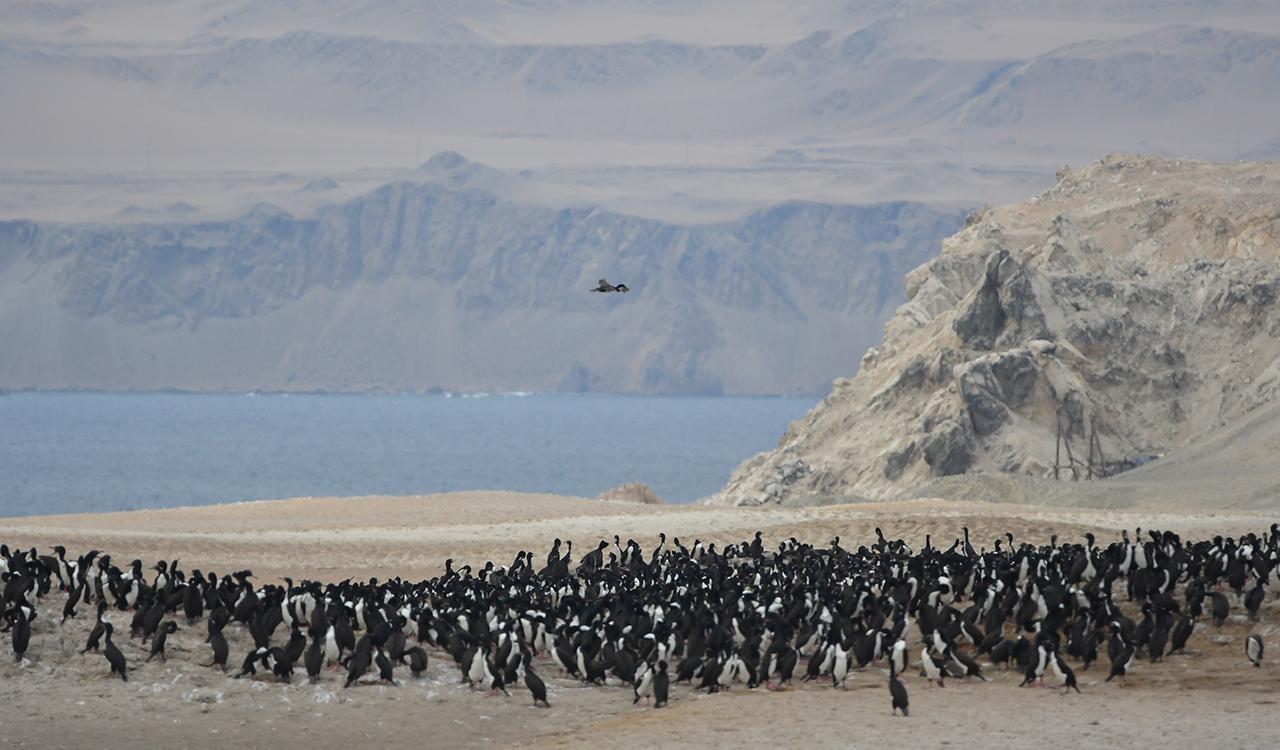
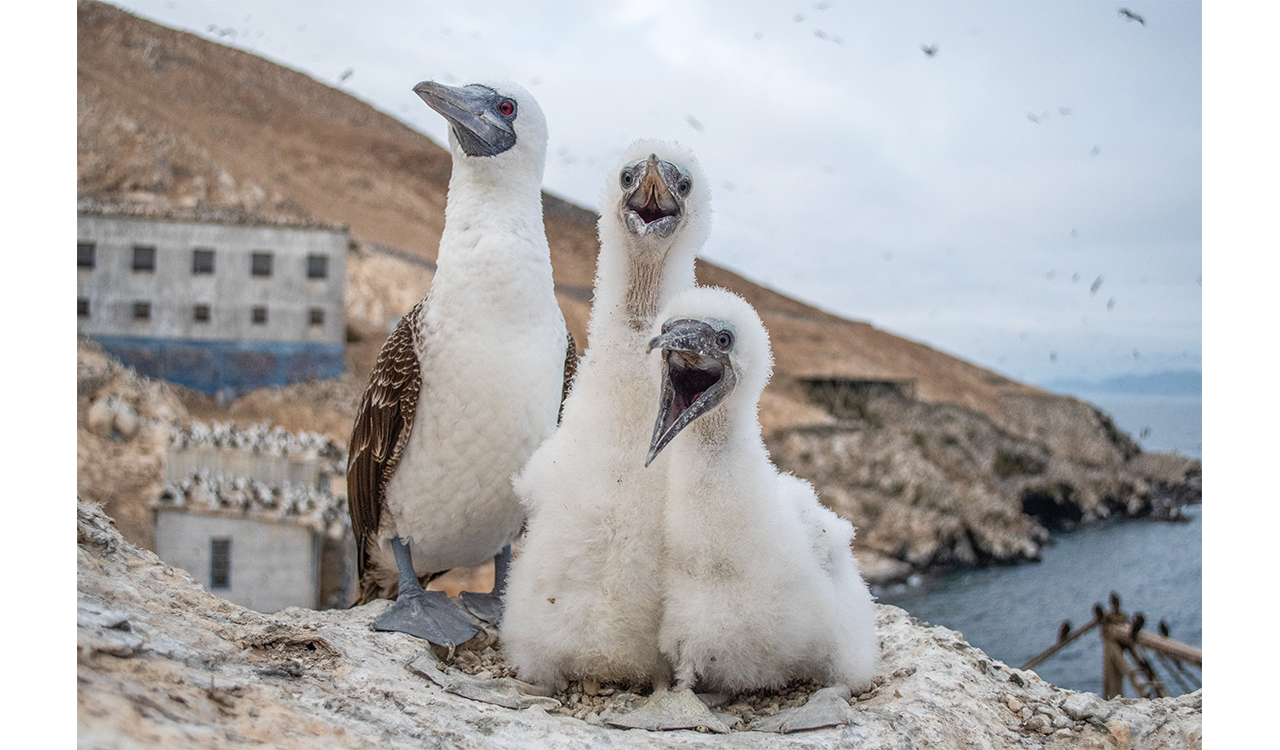
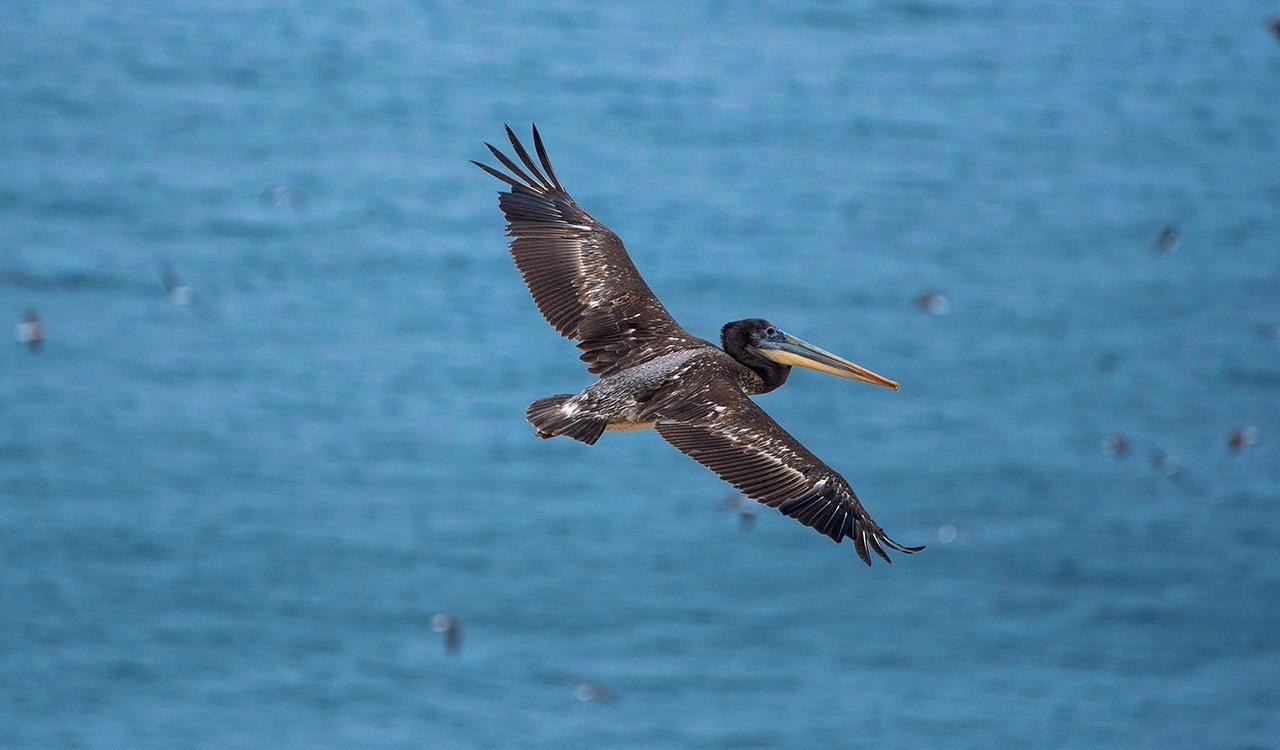
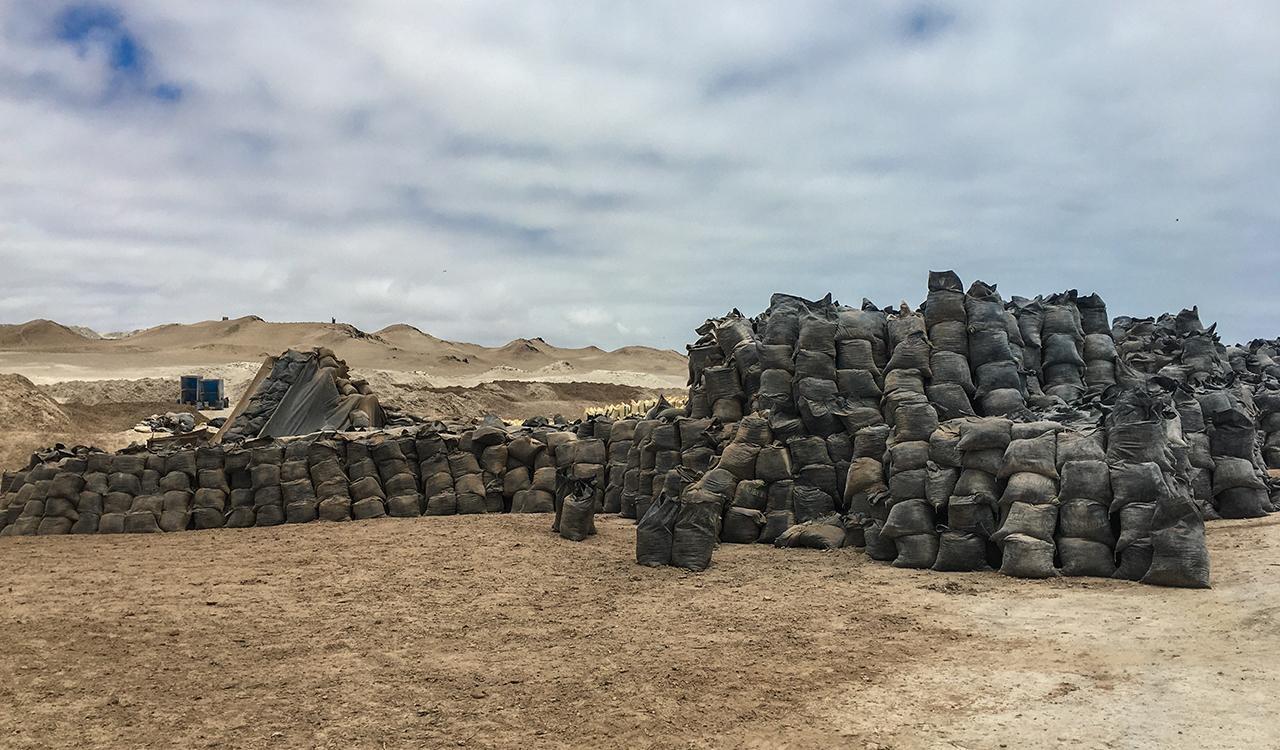
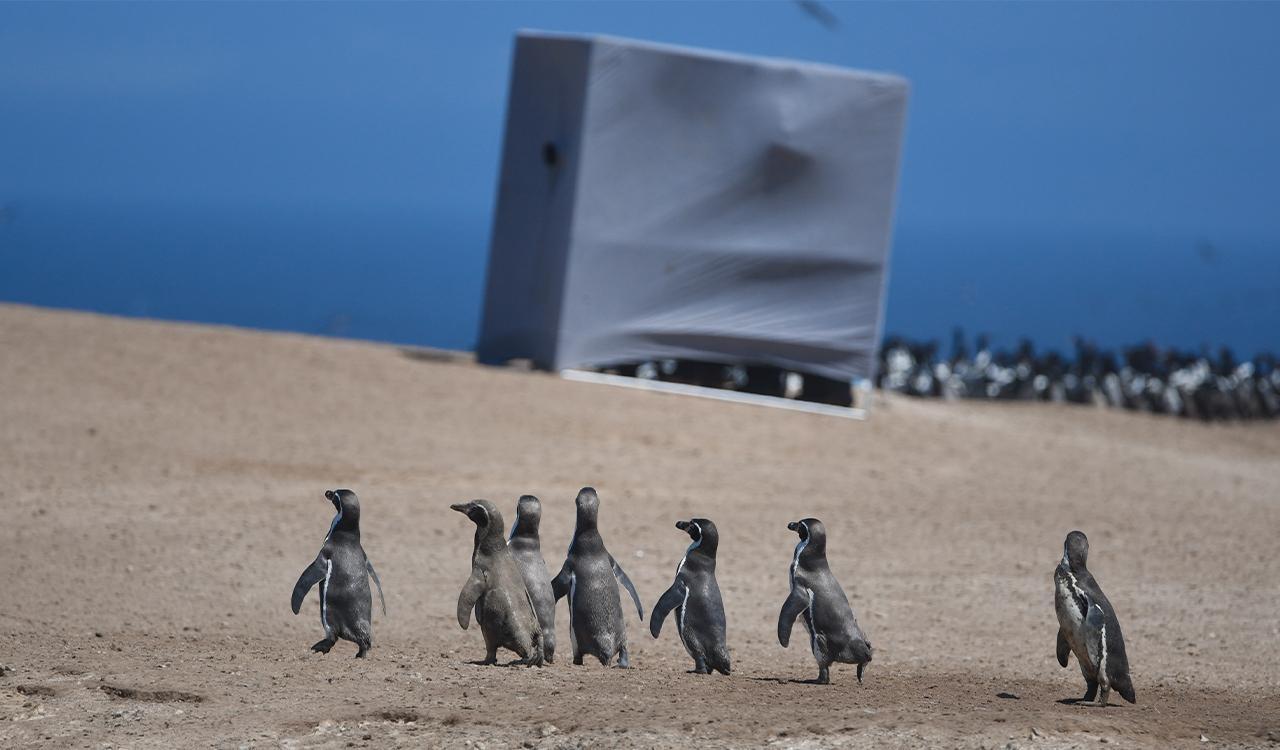
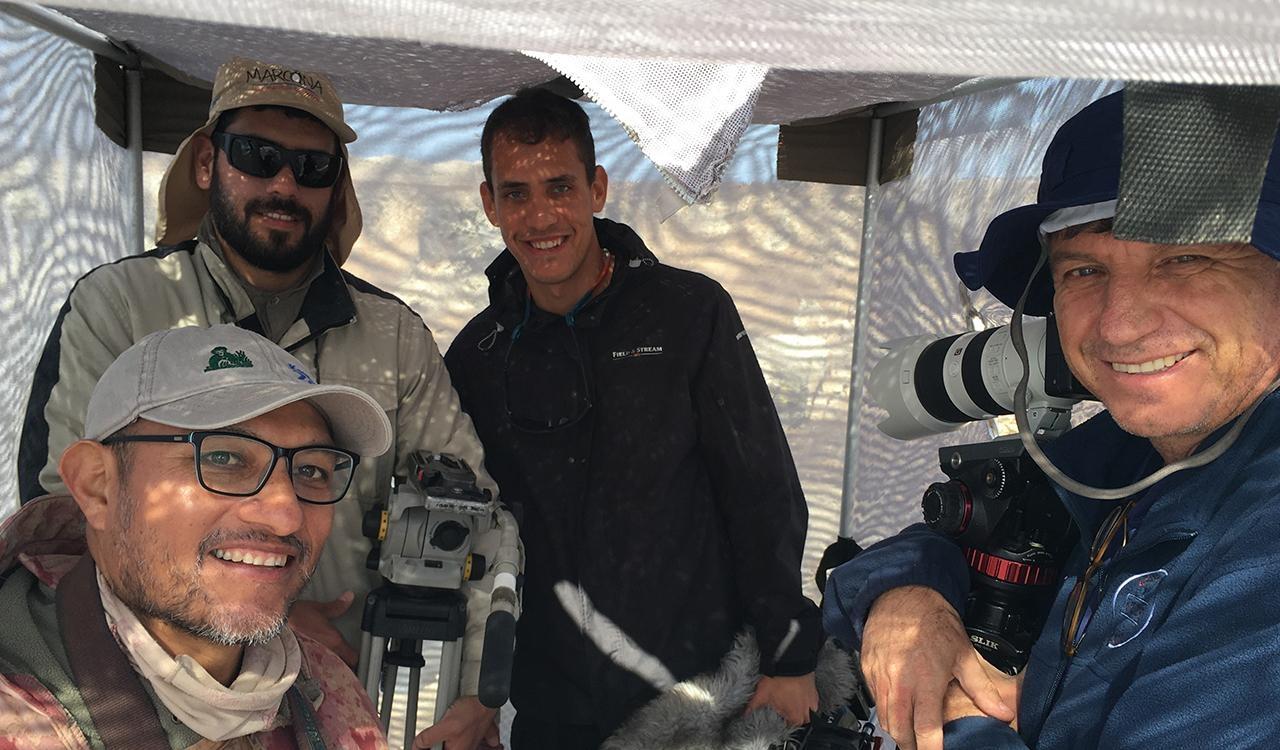
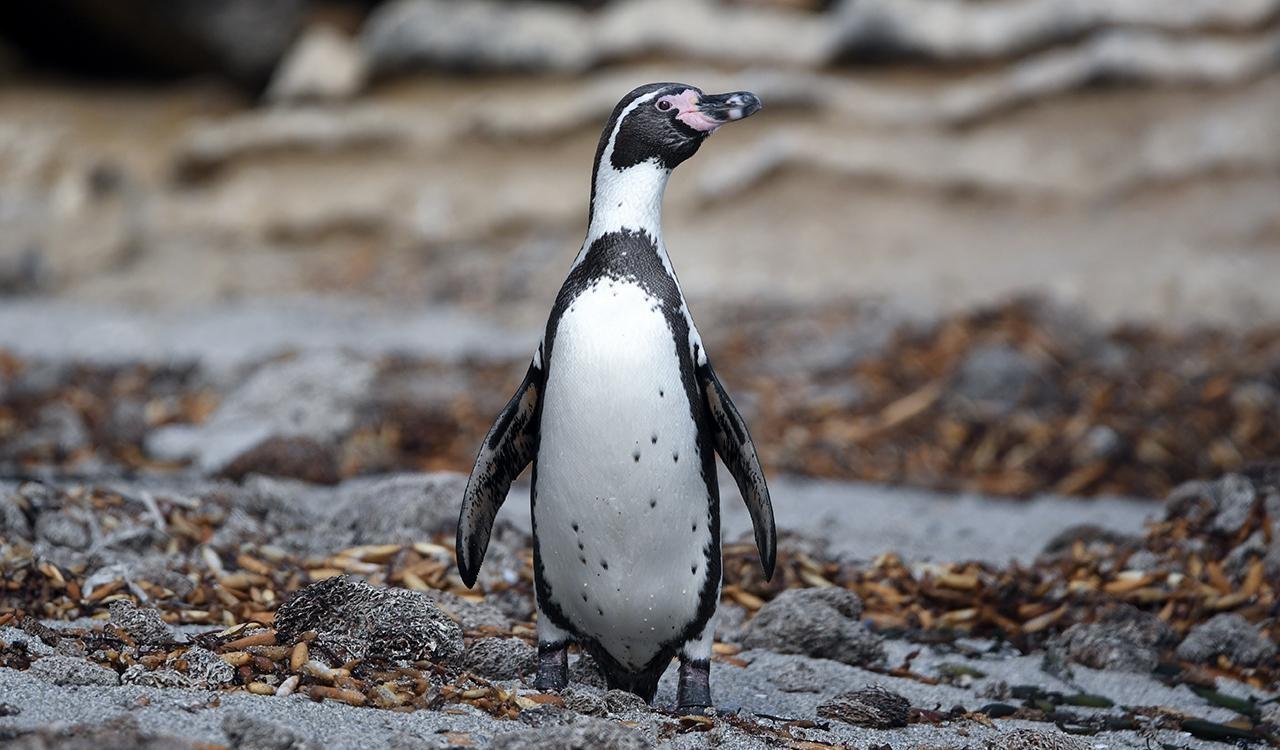
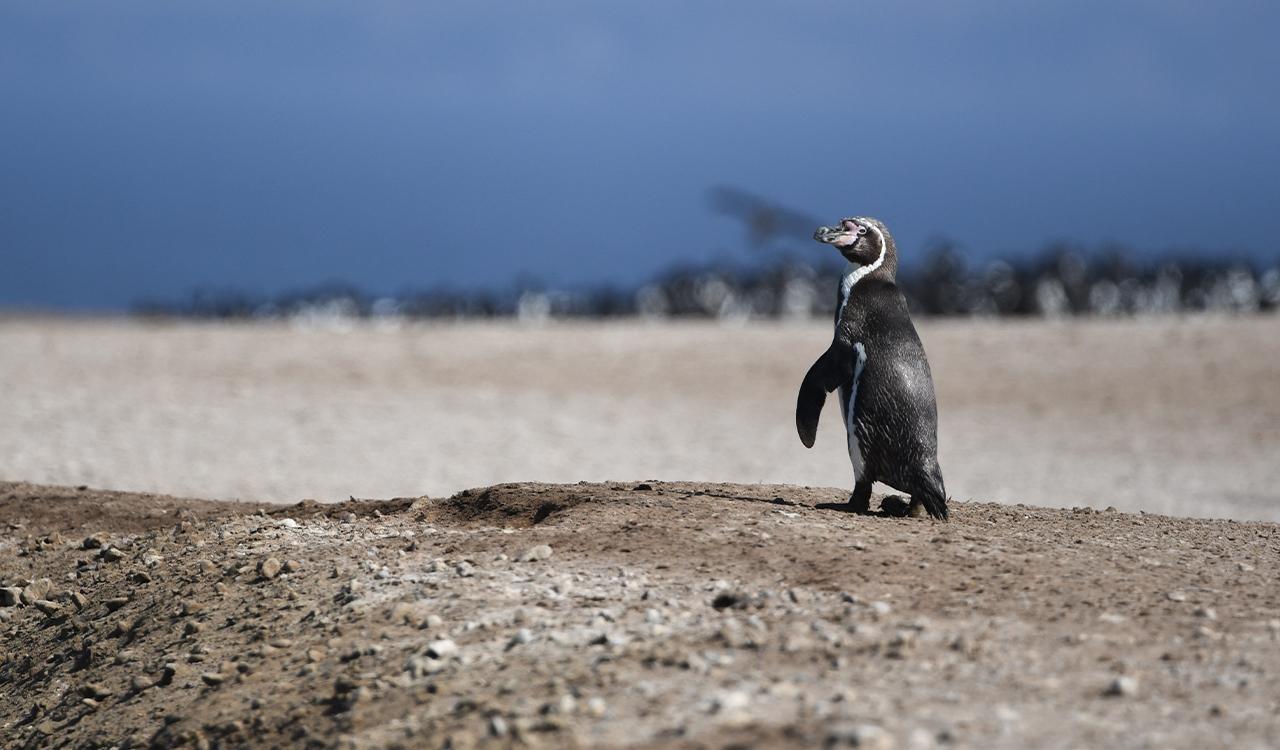
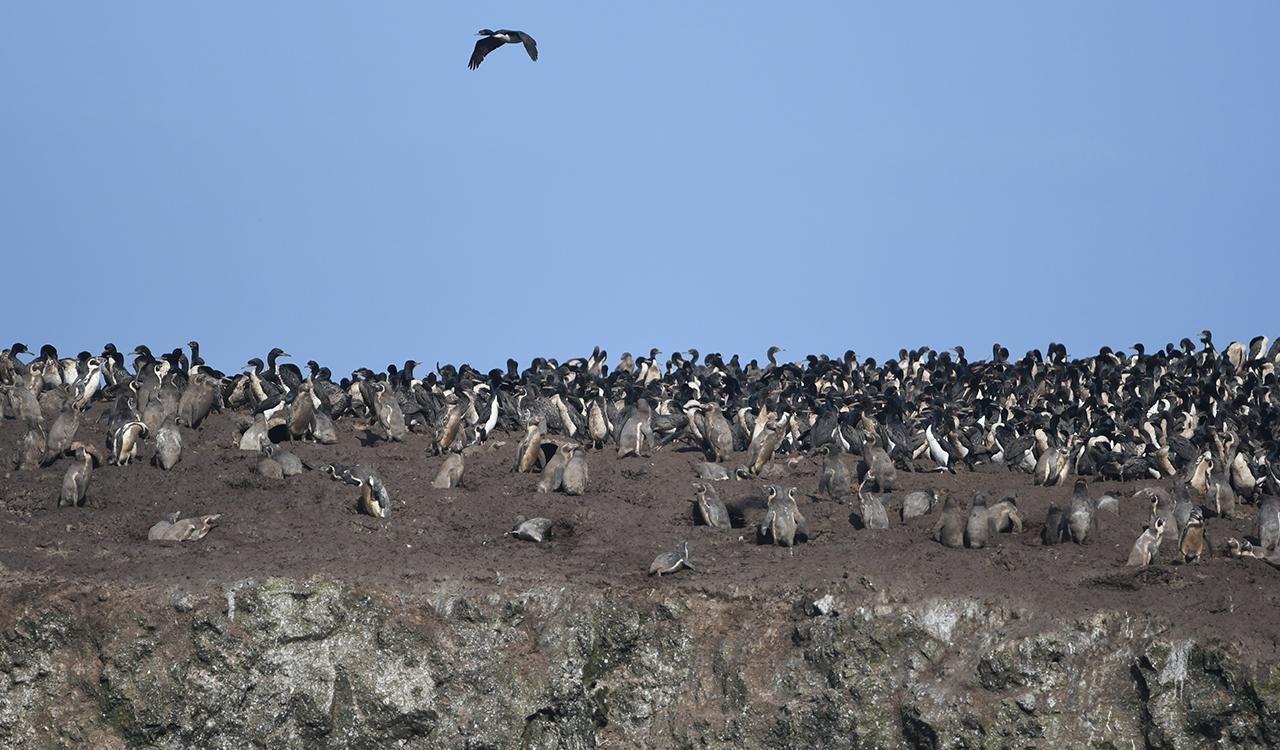
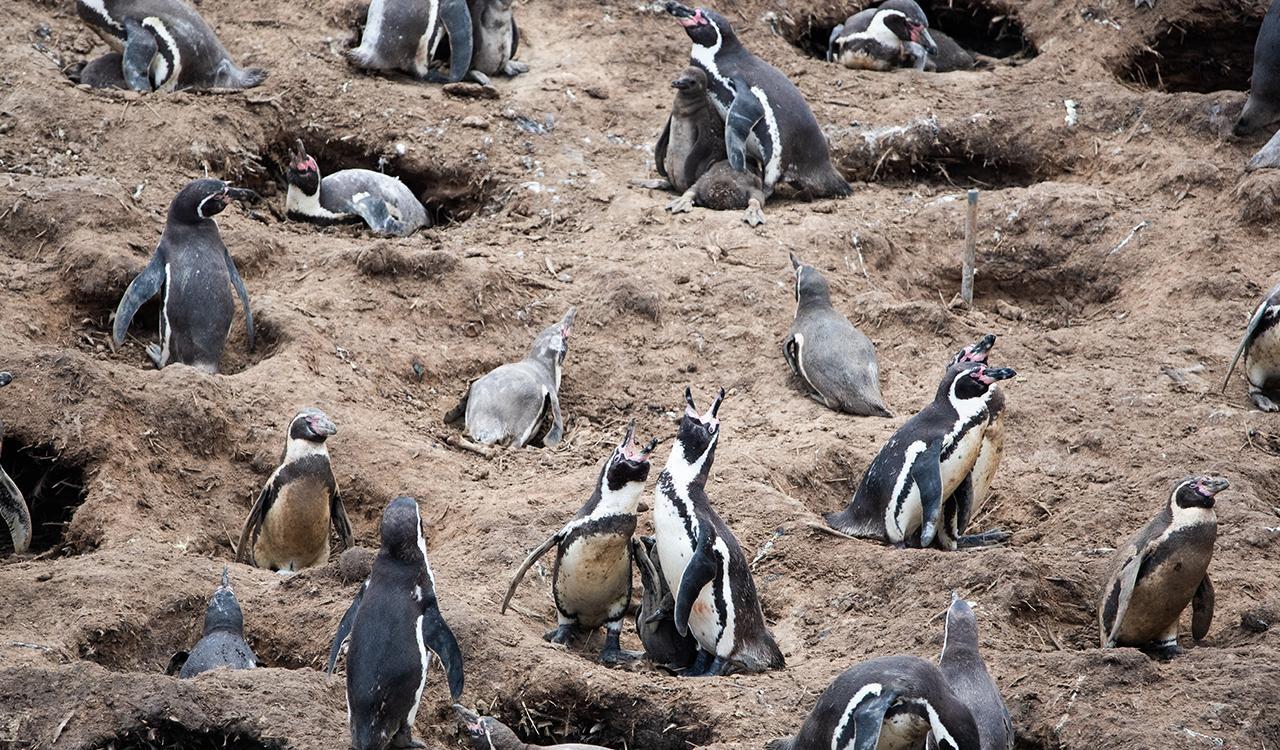
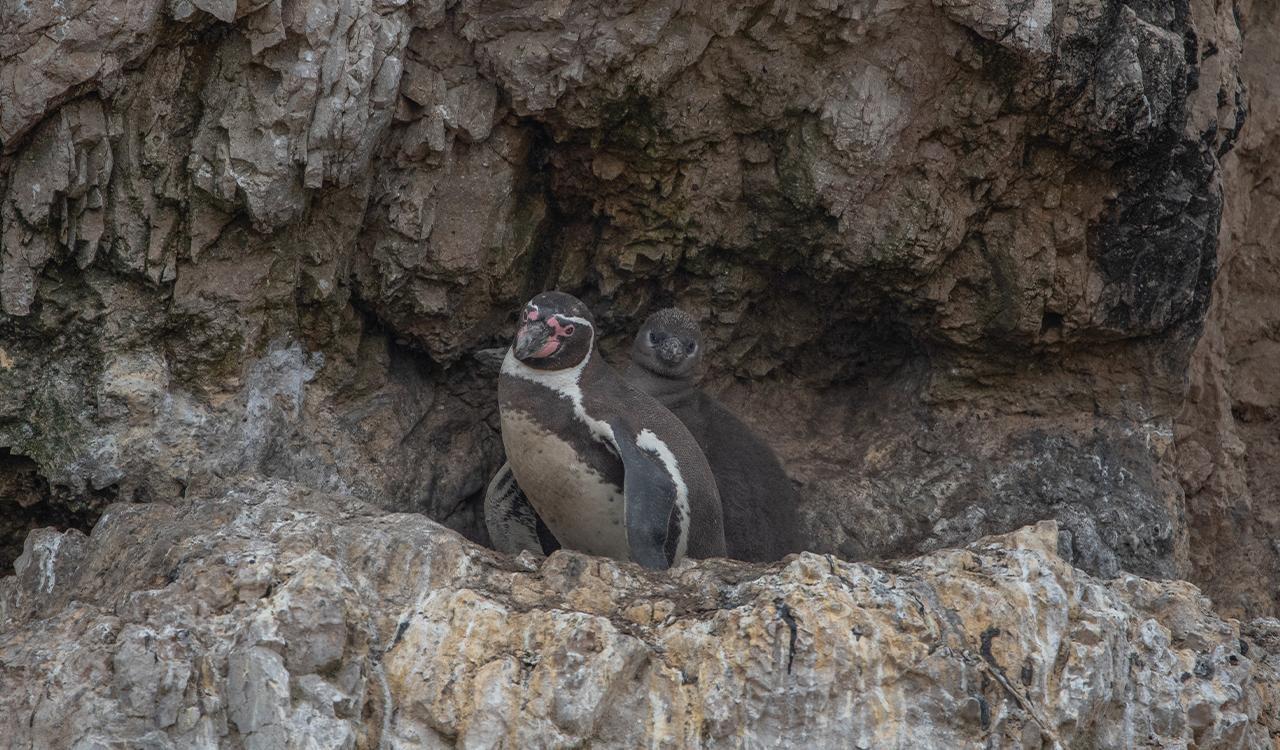
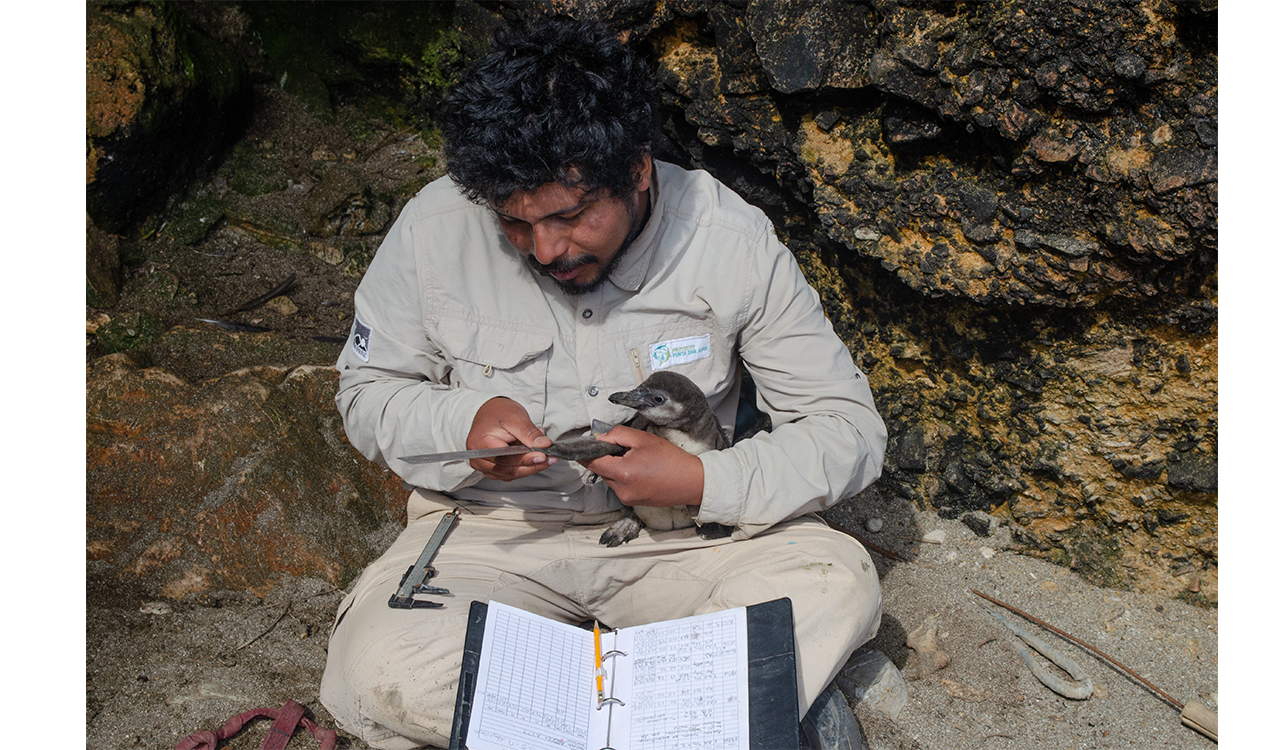
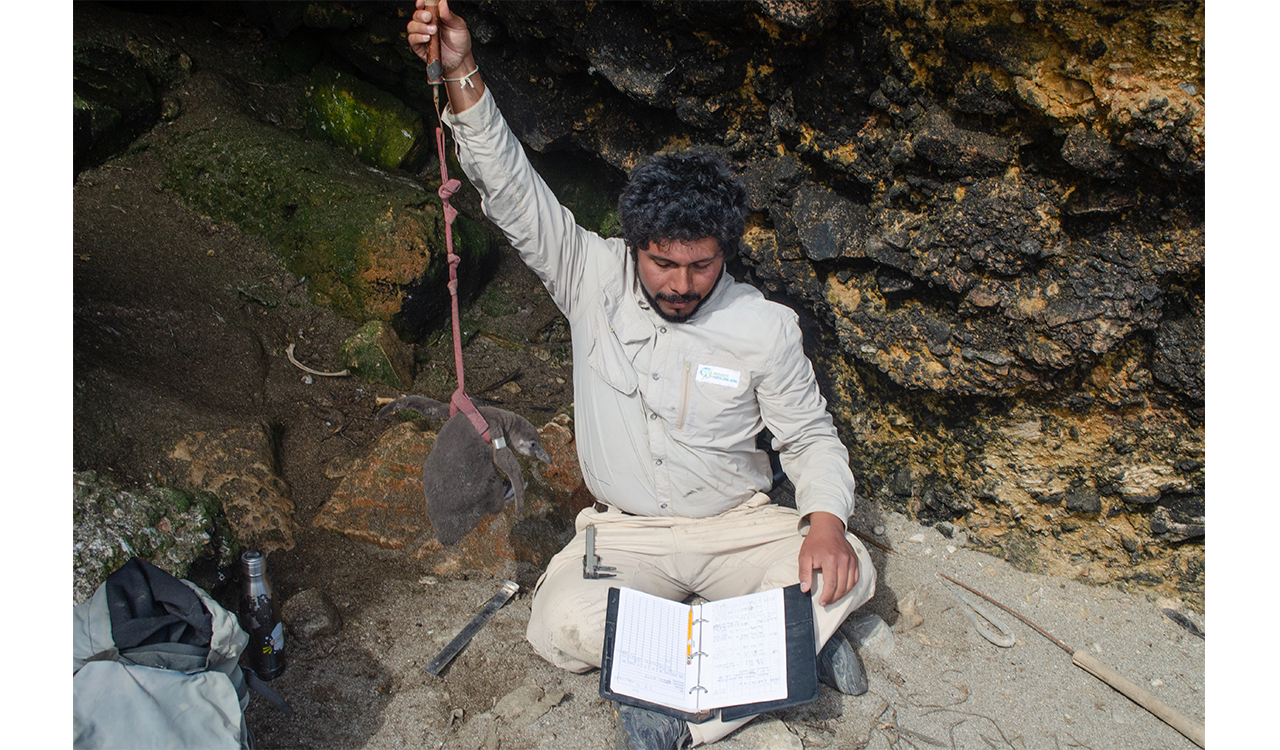
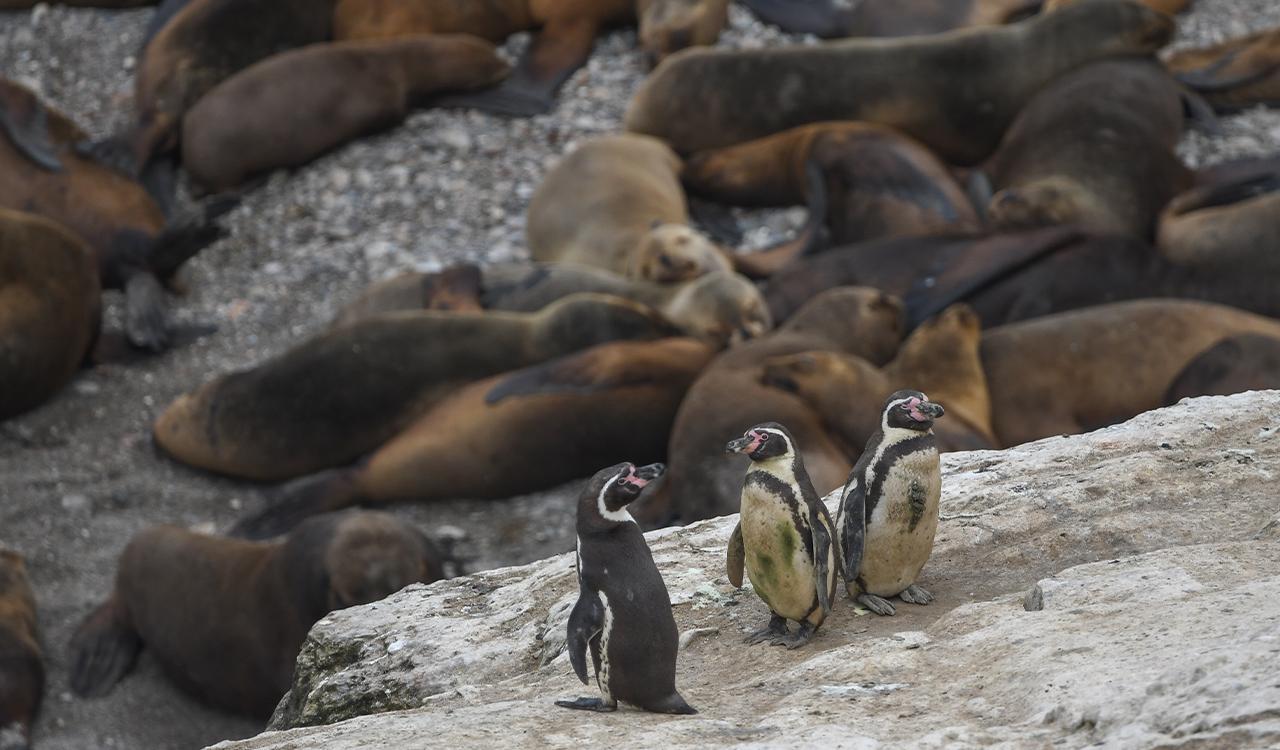
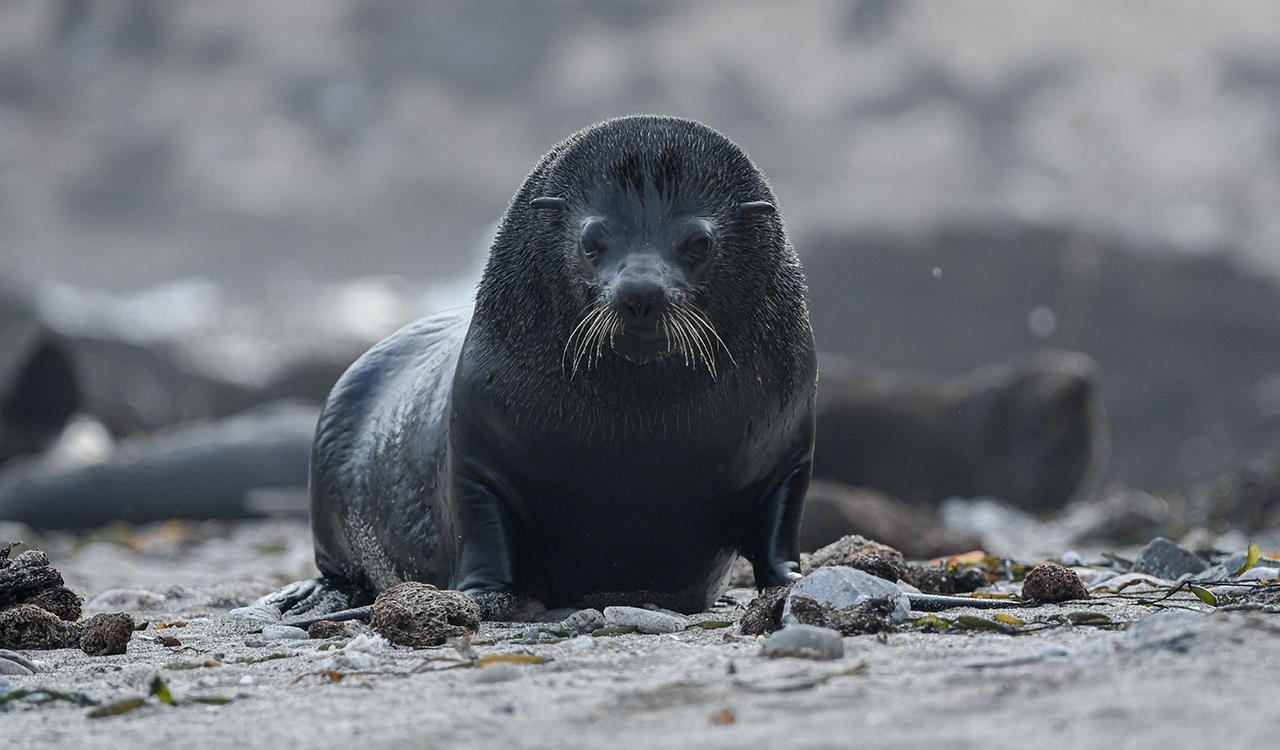
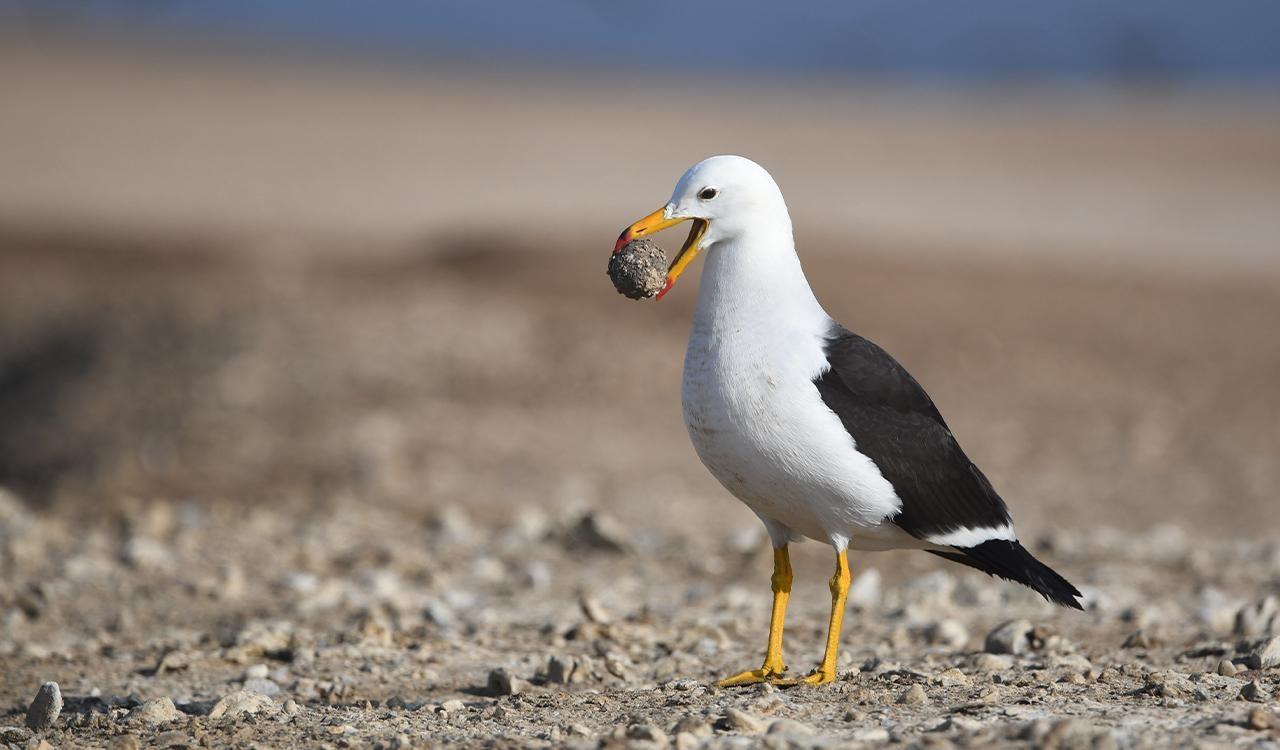
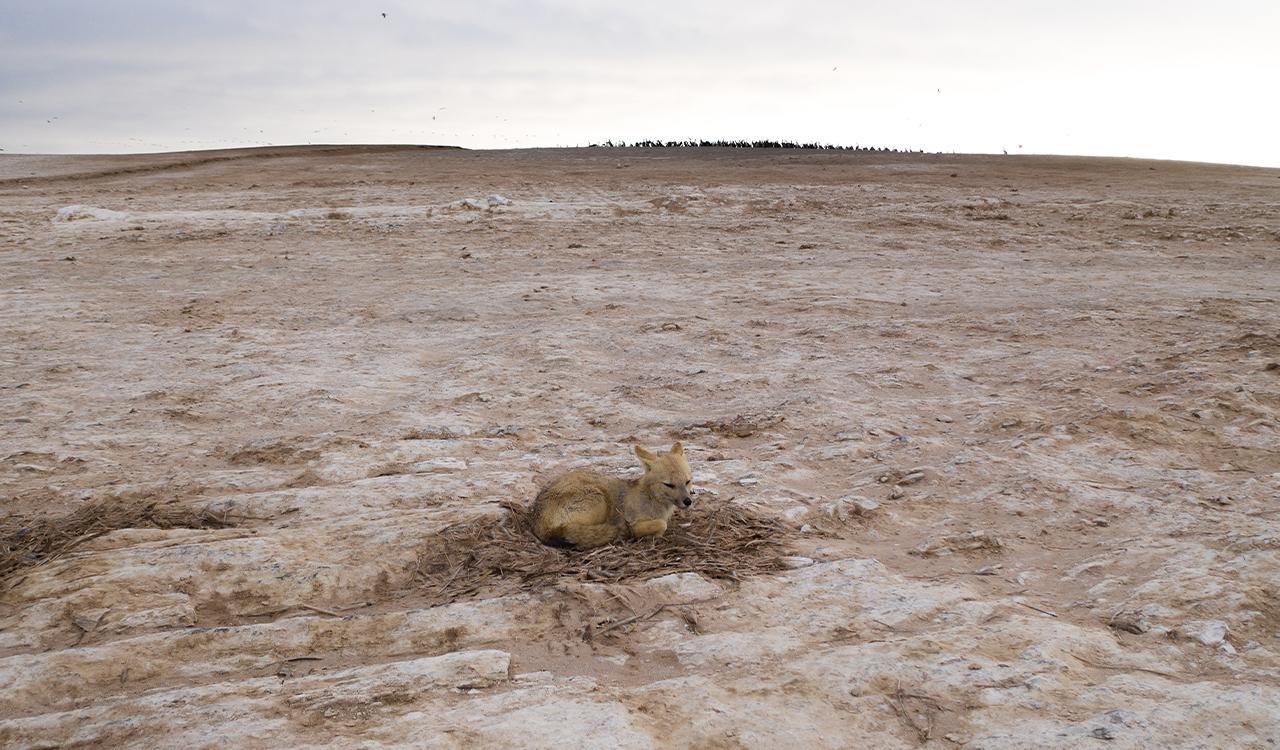
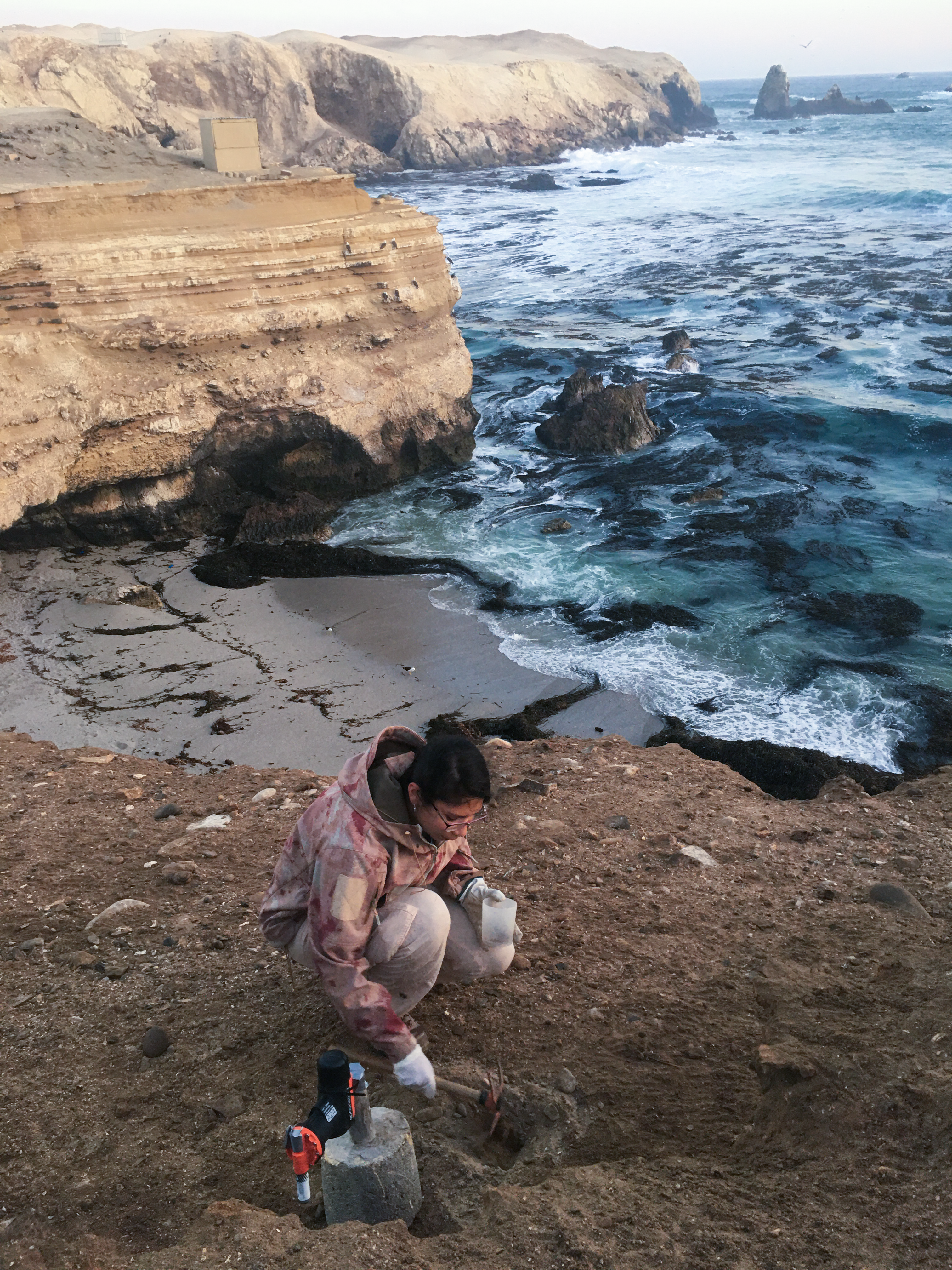
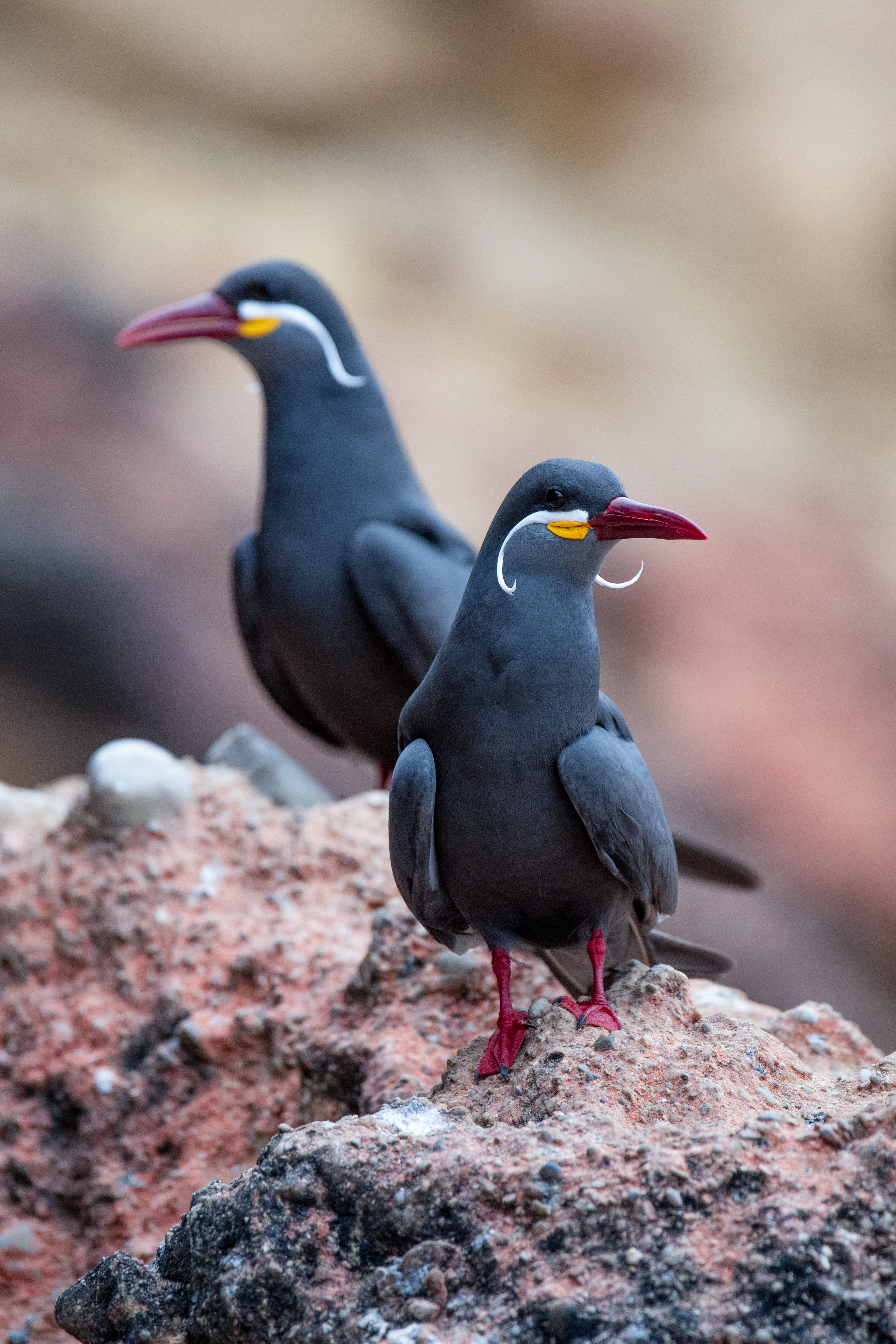
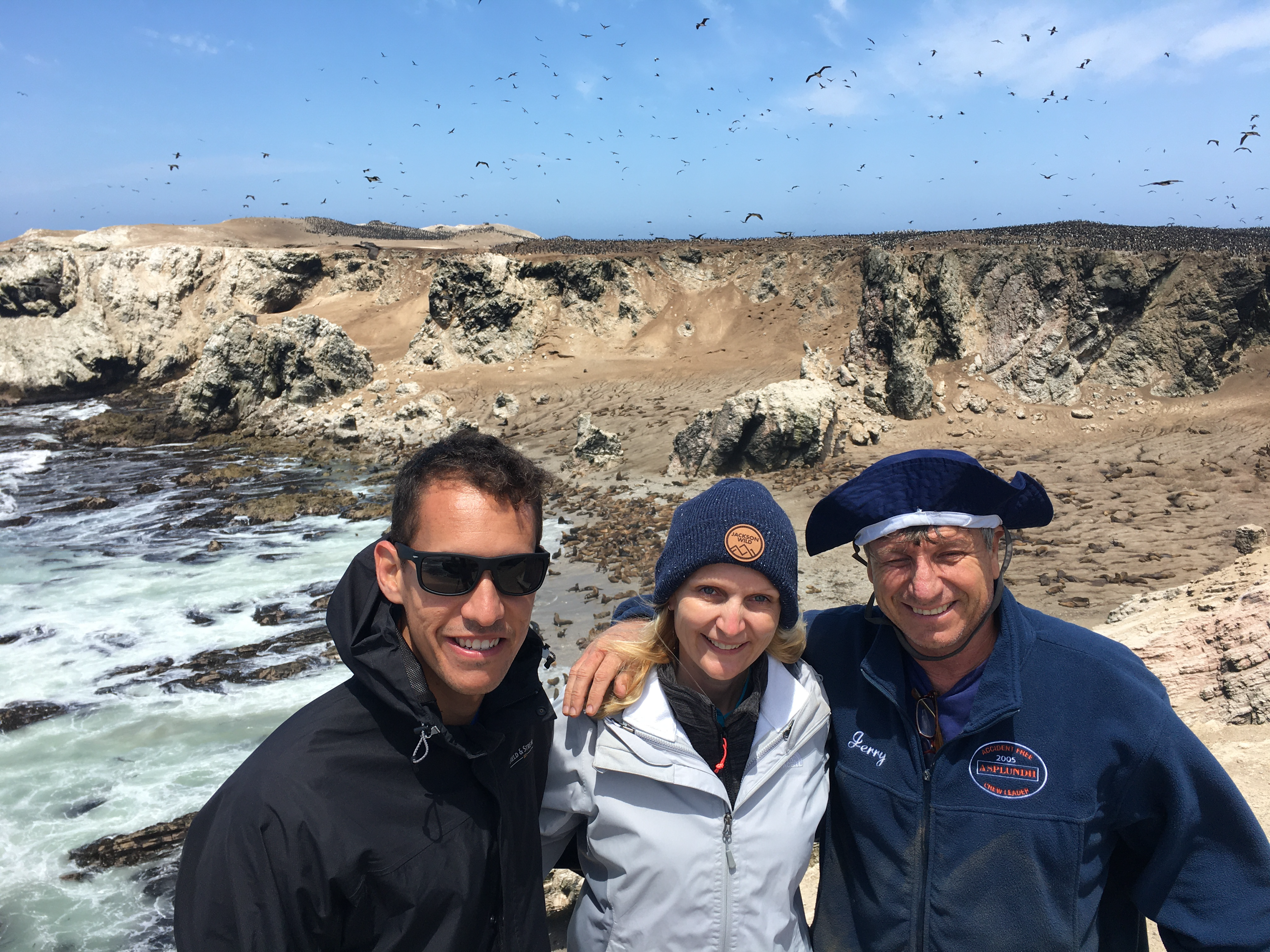
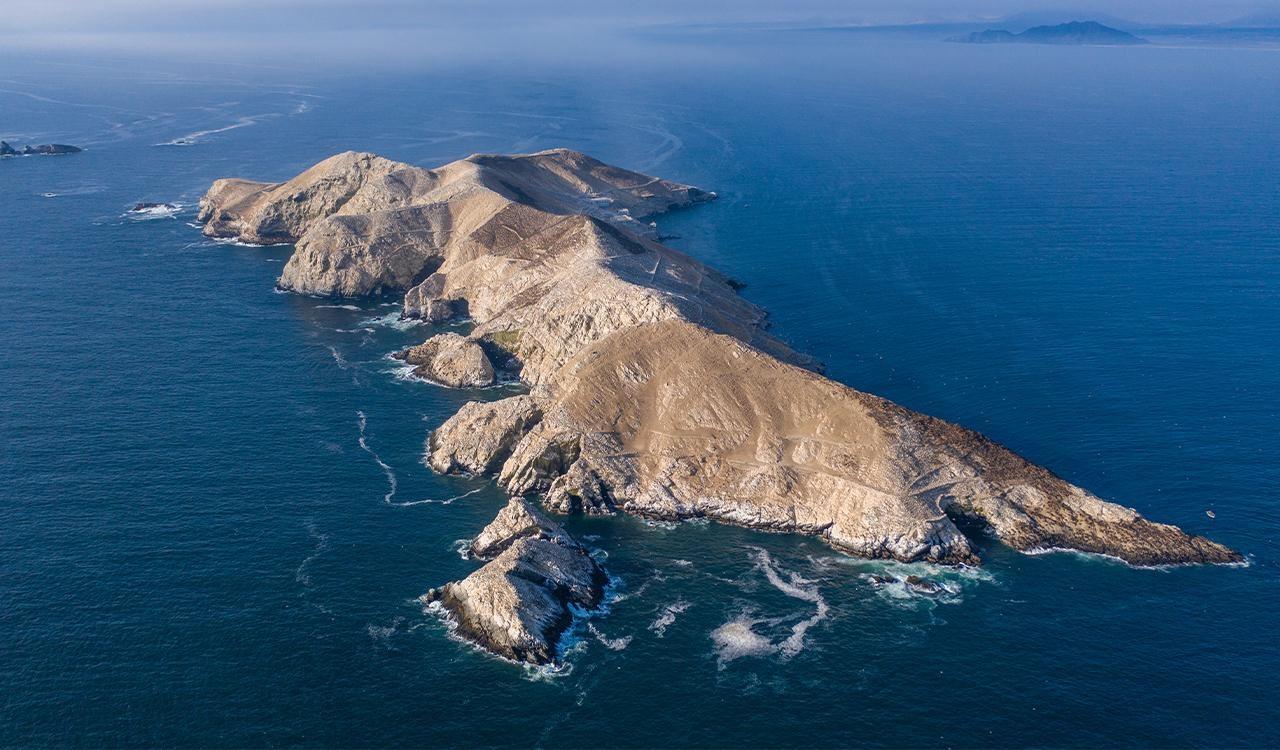
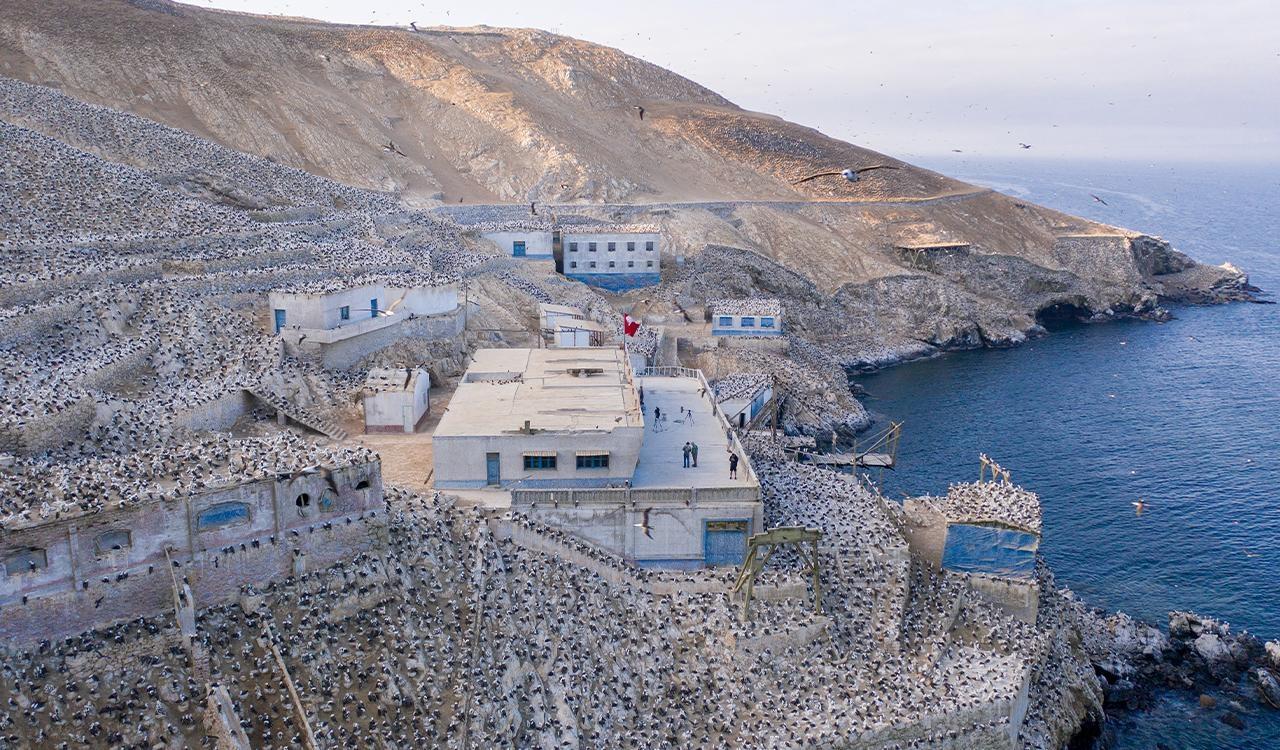
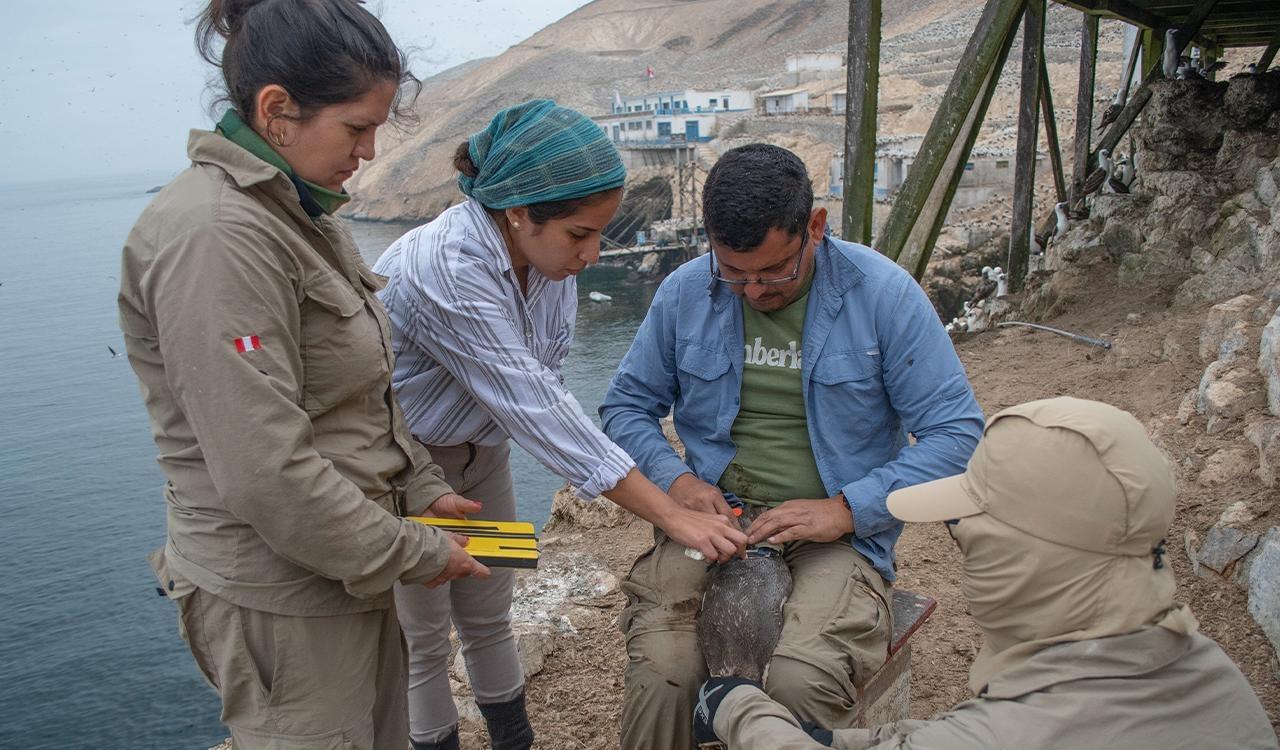
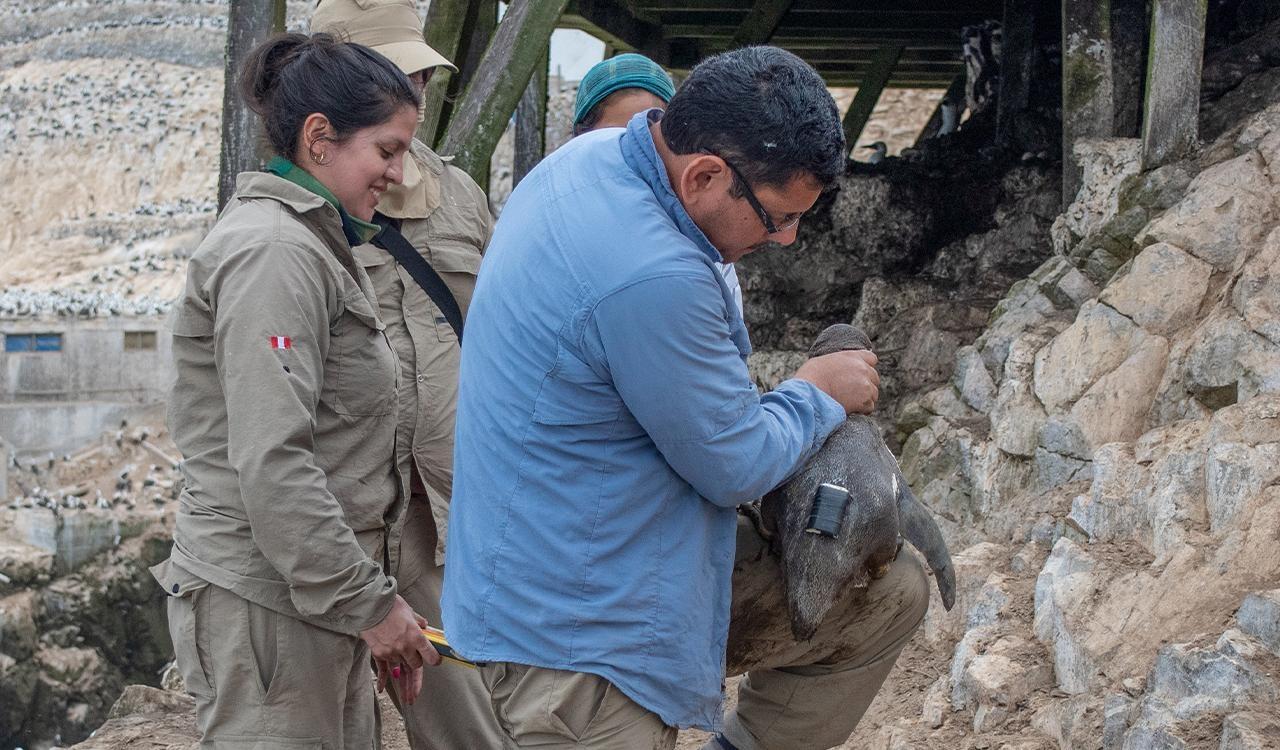
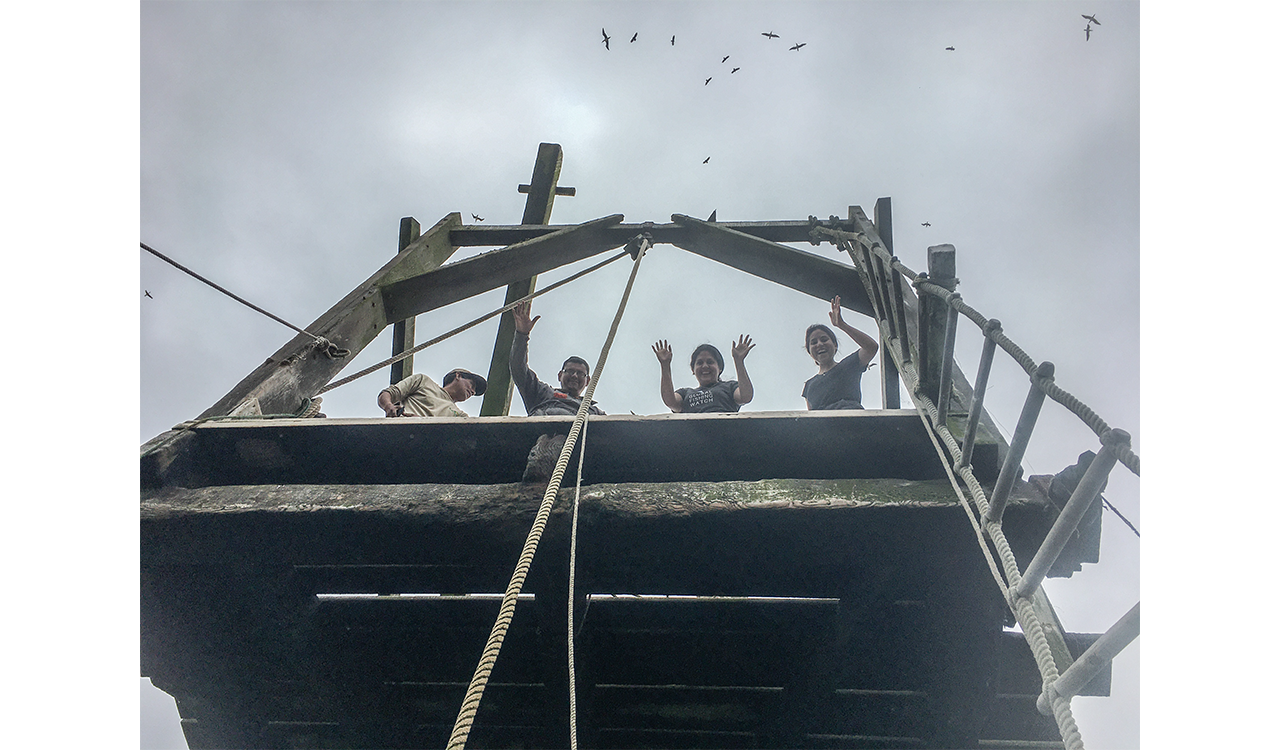
Image Credits
Changing Seas would like to thank the following individuals and institutions who kindly allowed their footage, images and other media to be used in this production:
Francis C. Franklin / CC-BY-SA-3.0
Library of Congress, Rare Book and Special Collections Division
Patricia Majluf, Personal Archive
Punta San Juan Program
Alex Antezana
Antje Chiu
Paulo Colchao
Daniel Torres
Jasmin Scholl
Karen Lau
Leticia Escobar
Lyanne Ampuero
Marco Cardeña
María José Ganoza
Matthieu Galand
Patricia Sangiorgi
Visart Photography
Special Thanks:
Susana Cárdenas
Fernando Nishio
Punta San Juan Program
Eduardo Salcedo
Nina Pardo
Daniel Cáceres Bartra
Jaime Jahncke
Moises Tomairo Ucharima
Wilson Lozano Mozombite
Felipe Adrianzen Reyes
Aldo Villanueva
Jean Paul Perret
Ecologistica Peru
David Hurtado
Bertha López
Consulate General of Peru in Miami
David Segurado
José Landa
Flor Merino
Dante Gomez
JoséManuel Rubio Rodríguez
Pablo Lalo Arroyo
Alejandro Balaguer
Chris Neighbors
Evelyn Merino-Reyna
Sandra Otoya
Web Extras
Tracking the Peruvian Booby - A 360 Degree Experience
Along Peru’s barren desert coastline, the seabirds reign. Protected on islands and peninsulas that are part of a national reserve network, guano birds like Guanay cormorants, Peruvian boobies and Peruvian pelicans can nest and rest undisturbed. These species of bird produce large quantities of guano, or poop, which is harvested commercially for use as fertilizer. Peru is the largest guano producer in the world, and for decades the harvests meant big business – until fishing for anchovy became more profitable.
These highly sought-after fish also happen to be the birds’ primary food source, leading to competition between the commercial fishery and the guano birds. To better understand how the two overlap, a team of researchers led by Dr. Carlos Zavalaga from the Marine Ecosystem Research Unit at the Universidad Científica del Sur in Lima is studying where Peruvian boobies go when they are at sea.
Funding for this episode of Changing Seas was provided by:

